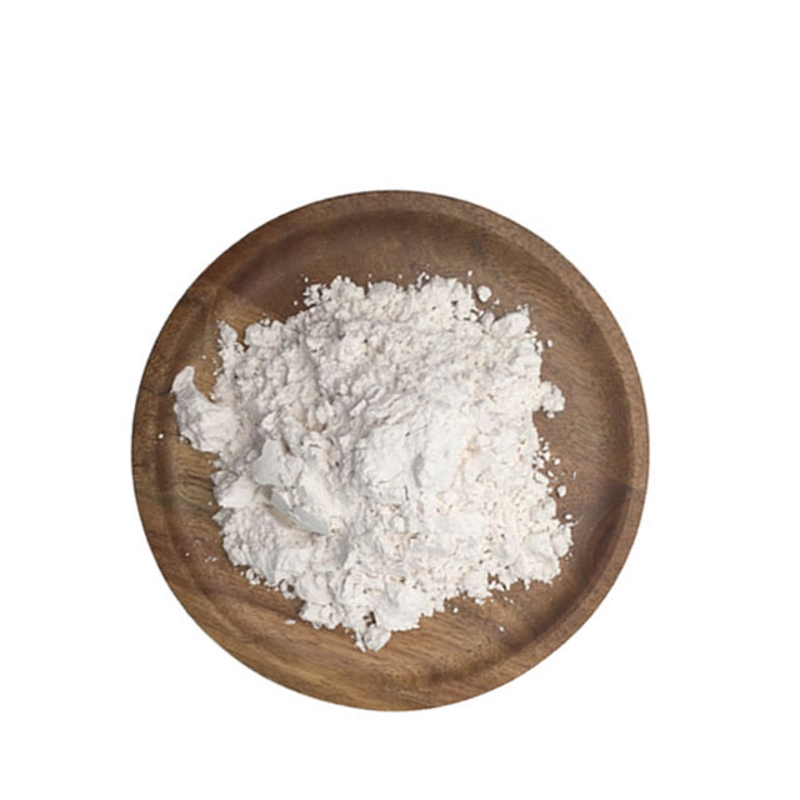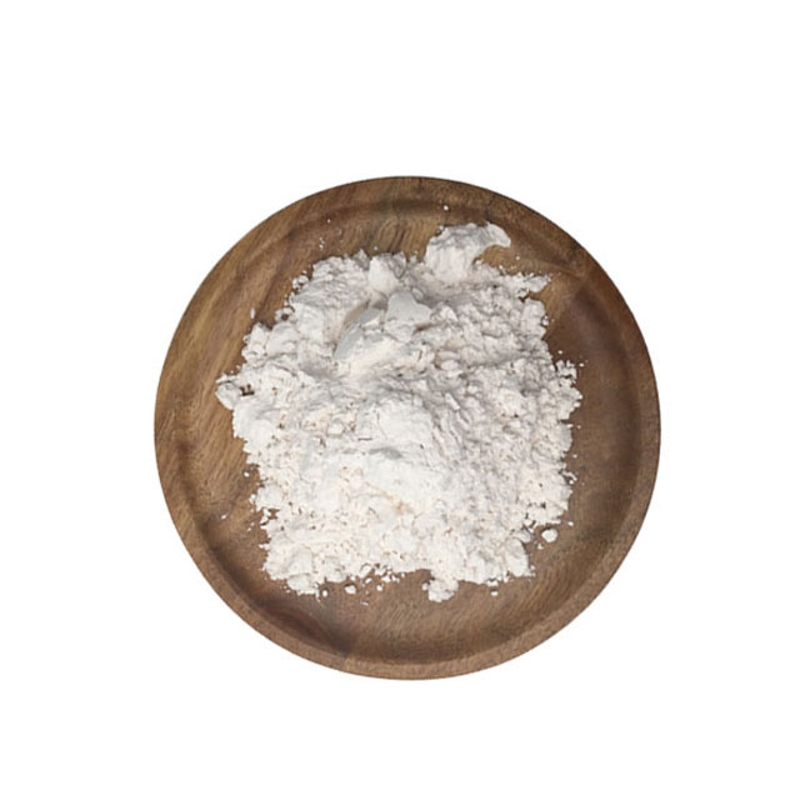-
Categories
-
Pharmaceutical Intermediates
-
Active Pharmaceutical Ingredients
-
Food Additives
- Industrial Coatings
- Agrochemicals
- Dyes and Pigments
- Surfactant
- Flavors and Fragrances
- Chemical Reagents
- Catalyst and Auxiliary
- Natural Products
- Inorganic Chemistry
-
Organic Chemistry
-
Biochemical Engineering
- Analytical Chemistry
- Cosmetic Ingredient
-
Pharmaceutical Intermediates
Promotion
ECHEMI Mall
Wholesale
Weekly Price
Exhibition
News
-
Trade Service
Cerebral small vascular disease (SVD) accounts for 20% of ischemic strokes and is the most common cause of vascular cognitive impairment
.
Hypertension is a major risk factor for SVD, and lowering blood pressure (BP) is related to reducing the risk of SVD
Blood vessel
On the one hand, recent trials reported that strengthen blood pressure, systolic blood pressure will be set at 120-125 mm Hg, and patients with a stroke prevention in cardiovascular event reduction and secondary prevention of stroke risk reduction related
.
However, some people believe that excessive voltage reduction may be harmful to SVD
Prevent cardiovascular events and stroke
In SVD, cerebral blood flow is reduced and brain autoregulation is impaired
.
In the case of impaired autoregulatory function, excessive blood pressure may further reduce cerebral blood flow, accelerate white matter damage and the deterioration of cognitive function
Autoregulation of the brain is particularly impaired in patients with severe SVD, who have fused white matter hyperplasias (WMHs) and multiple lacunar infarctions, so such patients are considered to be particularly vulnerable to excessive blood pressure reduction
.
The SPS3 trial found no difference in the rate of cognitive decline in intensive blood pressure reduction, but many patients have mild SVD
The design of clinical trials to evaluate SVD interventions has always been a challenge
.
Neuropsychological tests that monitor cognitive changes are not sensitive to changes in the 2 to 3 year period often used in clinical trials, and changes can only be found in longer follow-ups
The SPRINT-MRI study reported that intensive blood pressure reduction is associated with reducing the development of WMH lesions, but this is in patients with hypertension with asymptomatic SVD
.
Diffusion tensor imaging (DTI) is more sensitive to changes in white matter structure, and has a better correlation with cognition in SVD than in WMH volume
In this way, Hugh S.
Markus and others of the University of Cambridge, through the PRESERVE test, explored whether enhanced blood pressure is related to the increase in white matter damage assessed by DTI
.
.
The PRESERVE test explored whether enhanced blood pressure reduction is related to the increase in white matter damage assessed by DTI
PRESERVE is a randomized, parallel, multi-center controlled, blinded clinical trial
.
A total of 111 participants with MRI confirmed symptomatic lacunar infarction and confluent white matter hyperplasia were recruited and randomly assigned to standard (systolic blood pressure=130-140 mmHg) (N=56) or enhanced ( Systolic blood pressure <125 mmHg) (N=55) blood pressure target
The main result is the change in the mean diffusivity peak height (MDPH) of the diffusion tensor imaging white matter between baseline and 24 months
.
The secondary results are other magnetic resonance imaging markers and cognitive ability
.
The average age of the included patients was 68 years old, and 60% were men
.
The mean (SD) blood pressure of the standard group/intensification group was reduced by -15.
3 (15.
4) and -23.
1 (22.
04) mmHg respectively (P<0.
001)
.
MDPH, there is no difference between the two groups: standard group, adjusted mean (SE) = 12.
5×10-3 (0.
2×10-3); enhanced group, 12.
5×10-3 (0.
2×10-3) , P=0.
92
.
During the 24-month follow-up, the white matter microstructure of the entire population deteriorated significantly, but the cognitive ability did not decrease significantly
.
The important significance of this study lies in the discovery that in severe cerebral small vessel disease, enhanced blood pressure has nothing to do with the progression of white matter damage in diffusion tensor imaging or magnetic resonance imaging
.
In a 2-year multicenter study, multimodal DTI imaging was more sensitive to detecting changes than cognitive testing
.
In severe cerebral small vessel disease, enhanced blood pressure is related to white matter in diffusion tensor imaging or magnetic resonance imaging.
The progression of the injury is irrelevant
Original source:
Markus HS, Egle M, Croall ID, et al.
PRESERVE: Randomized Trial of Intensive Versus Standard Blood Pressure Control in Small Vessel Disease.
Stroke.
2021;52(8):2484-2493.
doi:10.
1161/STROKEAHA.
120.
032054







